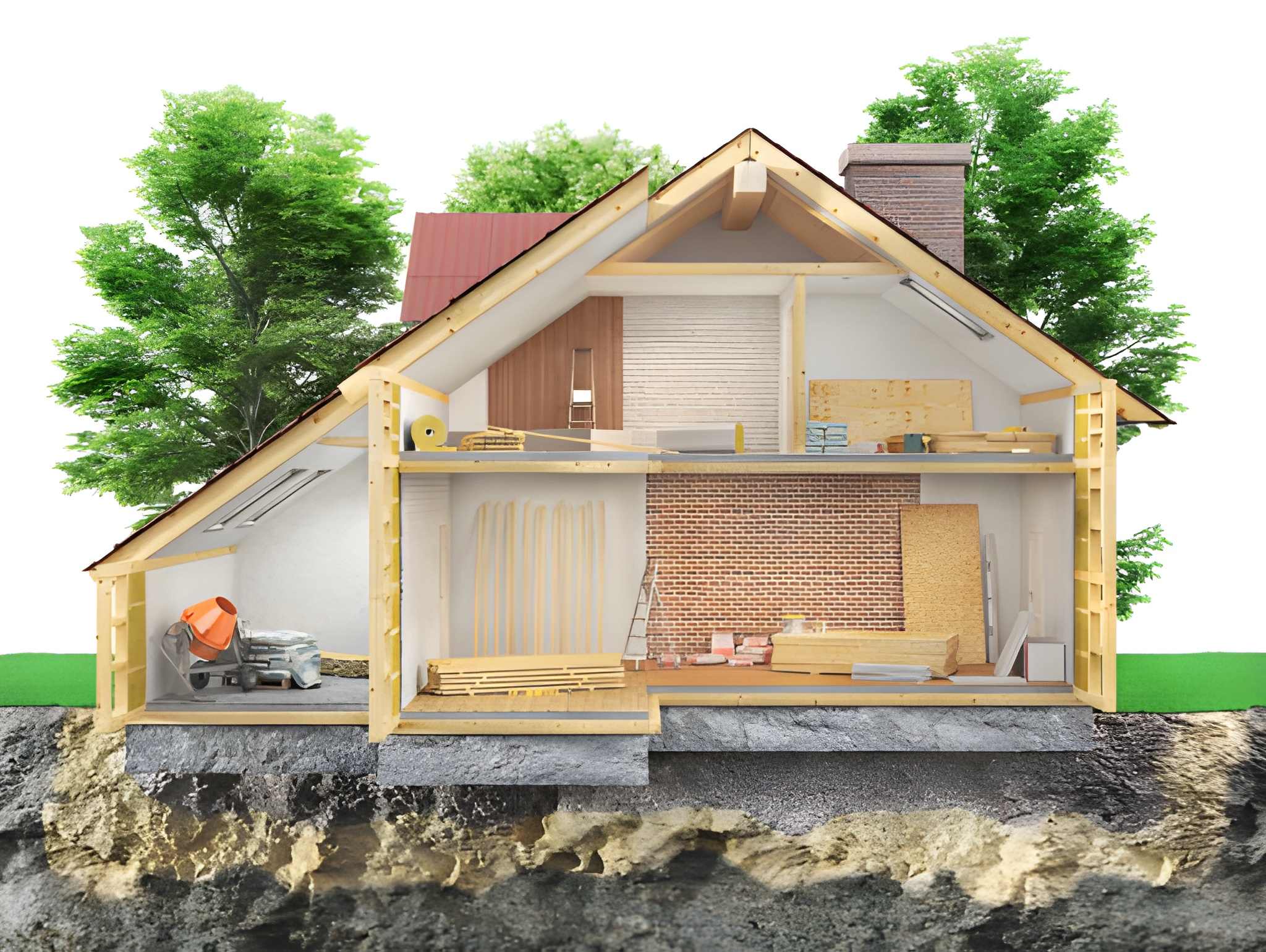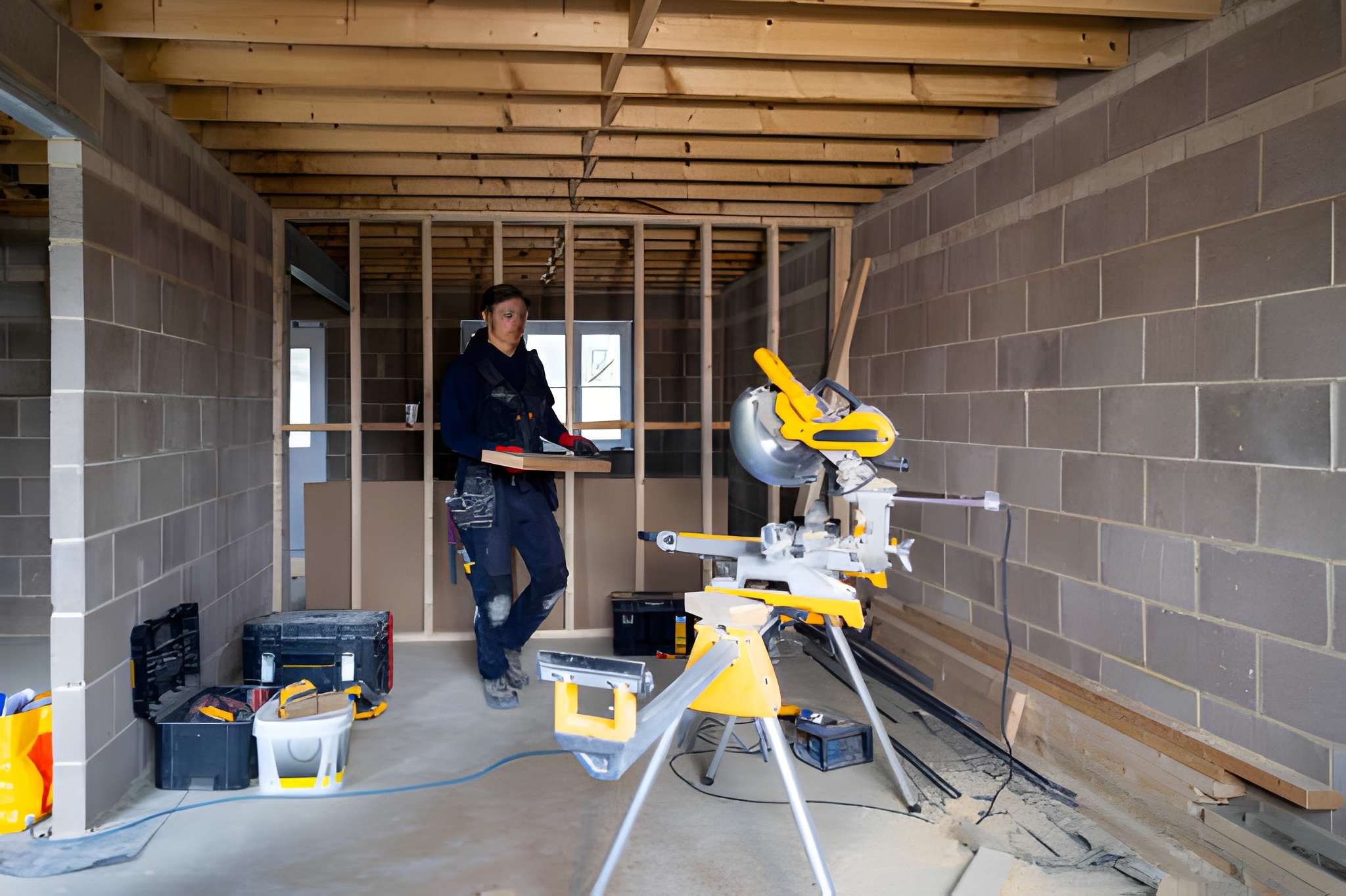Demolition is a critical step in the construction lifecycle, but it is far from uniform. Whether you are tearing down a family home or a commercial complex, understanding the differences between residential and commercial demolition is essential. Proper planning, expertise, and the right contractors make the process safe, efficient, and cost-effective.
Scope and Scale
Residential demolition usually involves smaller structures such as single-family homes, townhouses, or small apartment buildings. While the projects may seem straightforward, they require careful planning to ensure the safety of surrounding properties and residents. The work often includes removing personal belongings, landscaping, and preparing the property for redevelopment.
Commercial demolition deals with larger, more complex structures such as office buildings, warehouses, shopping centers, or schools. These projects demand advanced planning, specialized equipment, and coordination to minimize disruption to neighboring businesses or public areas. The sheer scale makes commercial demolition more intricate than residential projects.
Regulatory Compliance
Permits are necessary for both residential and commercial demolition, but commercial projects face stricter regulations. Compliance with safety standards, environmental guidelines, and proper disposal of hazardous materials such as asbestos or chemicals is mandatory. Residential demolition generally involves fewer regulatory hurdles, but attention to local building codes is still required.
Equipment and Techniques
Residential demolition relies on smaller machinery such as mini-excavators, hydraulic breakers, and hand tools. Precision is key to avoid damaging nearby structures. In contrast, commercial demolition often employs heavy-duty equipment, cranes, wrecking balls, and controlled implosions. Experienced contractors ensure that each technique is applied safely and efficiently.
Waste Management
Residential demolition generates moderate waste, including wood, bricks, and drywall, which can be disposed of with standard methods. Commercial projects produce higher volumes of debris, including steel, concrete, and hazardous materials. Efficient sorting, recycling, and responsible disposal are critical to comply with environmental standards.
Project Timeline
Residential demolition can often be completed in a matter of days or weeks. Commercial demolition may take months due to complexity, permits, and site preparation.
Choosing reliable demolition contractors London ensures that every project, residential or commercial, is executed with professionalism, safety, and efficiency. Experienced contractors not only provide technical expertise but also guide clients through permits, planning, and waste management. By understanding these differences, property owners can make informed decisions and achieve smooth, successful demolition projects.




